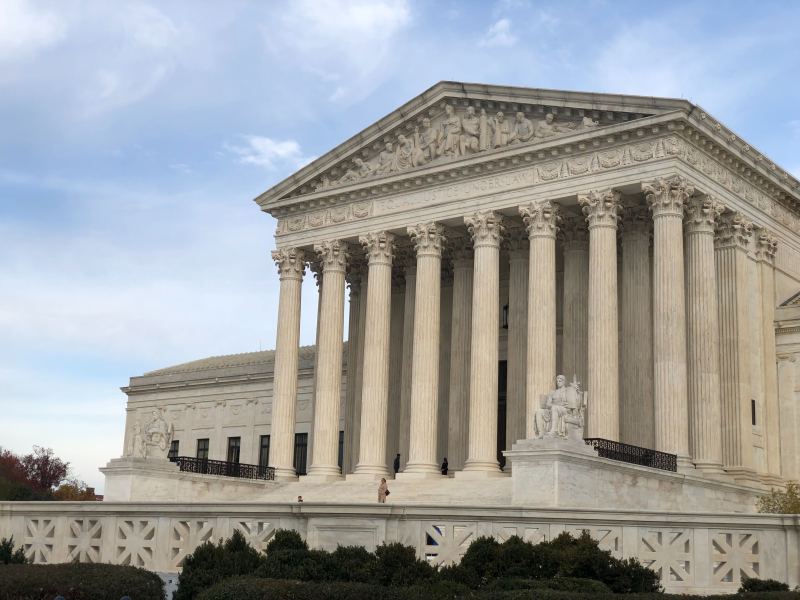
During the pandemic, Kentucky Governor Andy Beshear implemented restrictions on places of worship. As a result, a lower court imposed a legal cost order against the state government for more than $270,000.
Legal Fees
A report from The Christian Post stated that on Monday, Apr. 10, a decision that was passed down by a panel of three judges of the 6th United States Circuit Court of Appeals affirms a district court's verdict ordering the state government led by Governor Beshear to pay $272,142.50 in legal fees to the defendants regarding limitations on mass gatherings that were enforced in 2020 in order to prevent the transmission of the coronavirus.
As mentioned, the plaintiffs, T.J. Roberts, Randall Daniel, and Sally O'Boyle, received warnings shortly after attending the Easter service stating that state officials were informed of their attendance at the event and warned them of potential "enforcement measures," including the possibility of being charged with a misdemeanor. Thus, the complainants felt compelled to initiate legal action against Beshear as well as other state and municipal officials.
Moreover, in a ruling that was issued in May of 2020, Judge David Hale, who had been chosen to serve on the United States District Court for the Western District of Kentucky by former President Barack Obama, took the side of the plaintiffs and ruled in their favor, permitting Maryville Baptist Church to continue holding in-person worship services.
According to Christian Headlines, the lower court's order to pay attorney's fees was appealed by Beshear, but the 6th Circuit Court of Appeals sustained the ruling. The governor asserted that the plaintiff's attorneys should not be paid for their job performance after the orders that allowed in-person religious ceremonies to occur since they billed excessive hours, used unreasonable fees, and generally worked an excessive number of hours.
However, the ruling asserted that "the district court has considerable discretion in determining the amount of a fee award, and this case offers no red flags of abuse." The court considered the claims made by the governor, evaluated the evidence presented, and determined the level of success accomplished by the congregants. It then explained its strong "reasons for the fee award."
Impact of Restrictions on Worship Places During Pandemic
Over one-third of the 198 countries and territories examined used various coercion or blamed religious communities in connection with the coronavirus outbreak in 2020. The Pew Research Center's 13th annual study of restrictions on religion around the world found at least one of the following in 74 nations, which accounts for 37% of all countries analyzed:
Governments impose limits on religious meetings through the use of force;
Governments, business organizations, and individual citizens have all placed the blame for the spread of the coronavirus on religious groups; or
The spread of COVID-19 has been linked to the actions of private actors who committed violence or damage against religious communities.
Accordingly, in 46 nations and territories, or 23% of all those evaluated in the study, government officials utilized force in 2020 to prohibit or curtail religious meetings due to concerns about the coronavirus. This tally only includes locations in which the restrictions or prohibitions on religious meetings were enforced through the use of physical force, such as through arrests and detentions; physical assaults; the destruction, expropriation, or plundering of private property; the displacement of people from their homes; or the killing of individuals.
Related Article: Health Officials Plead Ohio Megachurch to Stop Holding Mass Gatherings To Stem Coronavirus Outbreak


















